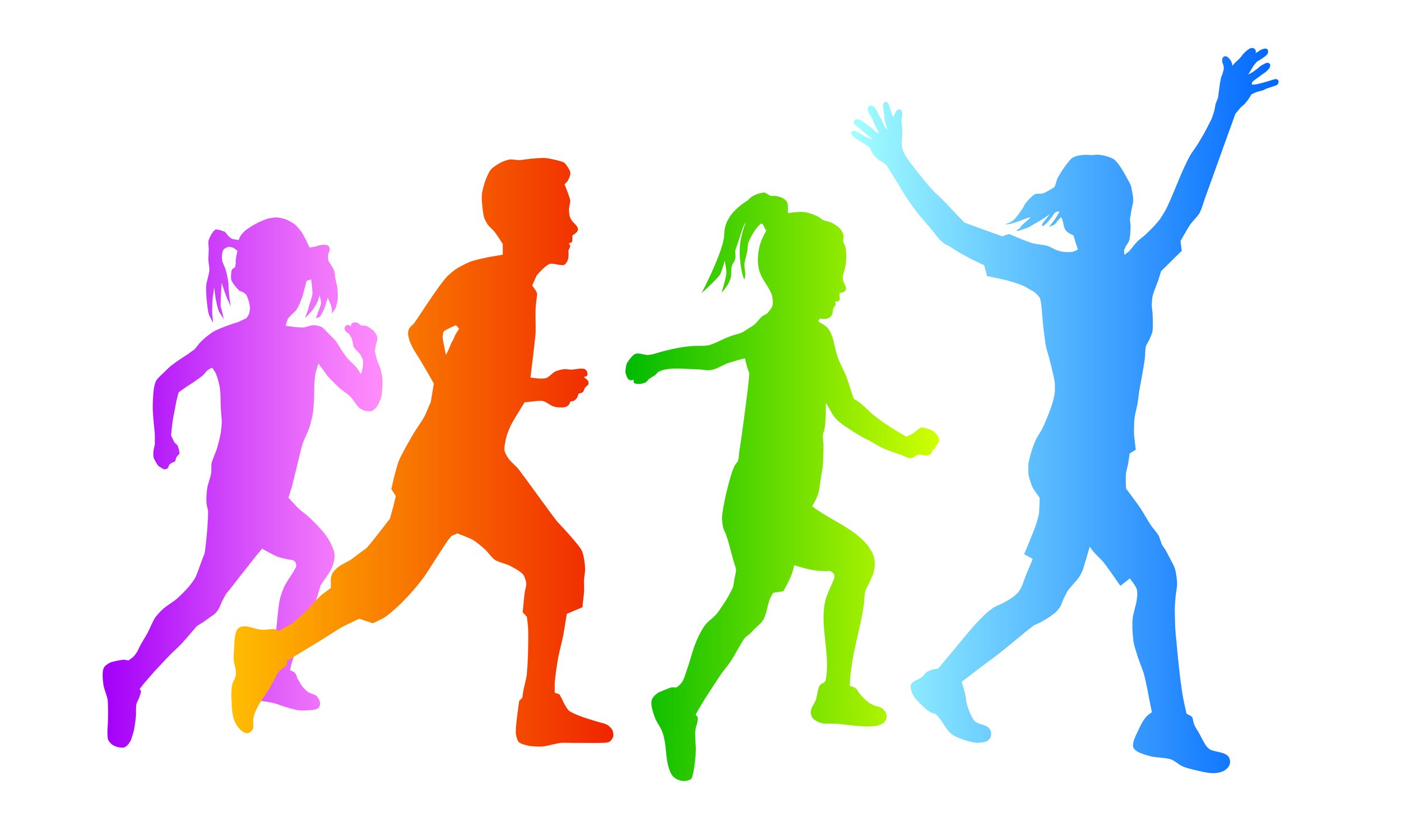
PEDIATRIC NEUROPSYCHOLOGY CLINIC
A neuropsychological evaluation assesses an individual’s pattern of functioning across cognitive, emotional, behavioral, and adaptive domains. The goals are to provide diagnostic clarification, inform treatment and/or education planning, and give specific recommendations to enhance performance.
We treat children and young adults (ages 5 - 25) with congenital and genetic disorders, acquired injuries, and medical disease processes related to brain and central nervous system functioning.
-
A neuropsychological evaluation involves gathering relevant history and data/information through a clinical interview, questionnaires, and assessment measures to create a "snap shot" or understanding of one's current level of functioning across cognitive, psychological, behavioral, and adaptive domains.
Findings can help with diagnostic clarification, inform treatment, and communicate how a child's strengths and weaknesses may be contributing to their current level of functioning or behaviors.
Neuropsychological evaluations include Comprehensive Neuropsychological Evaluations, Targeted Neuropsychological Evaluations, Pre- and Post- Surgical Evaluations, and Follow-Up Evaluations
-
A psychoeducational evaluation utilizes a clinical interview, cognitive assessment, educational screener, and questionnaires completed by parents and teachers to better understand a child's cognitive functioning and learning profile.
Psychoeducational evaluations are helpful for children with unique learning styles (e.g., suspected or confirmed learning disabilities, emotional/behavioral challenges, giftedness).
Findings help with diagnostic clarification, informing treatment, and educational advocacy.
Participation in Individualized Education Program (IEP) meetings upon request.
-
Traumatic Brain Injuries (TBI)/ Concussion
Epilepsy and Seizures
Vascular Injuries / Stroke
Genetic Disorders
Congenital Disorders
In-Utero Exposures and Injures
Prematurity and Failure to Thrive
Post-Surgical Follow-Up
Late Effects of Medical Treatment(s)
Attention-Deficit/Hyperactivity Disorder (AD/HD)
Learning Disabilities
Emotional Disturbance
Mood Disorders
Psychosis
Obsessive Compulsive Disorder (OCD)
Autism Spectrum Disorder (ASD)
Substance Use and Related Disorders
Other Cognitive and Functional Problems
-
Intelligence
Executive Functioning
- Attention
- Working memory
- Judgment
- Problem solving
- Mental flexibility
- Processing speedLearning & Memory
- Verbal & Visual memory
- Learning, Retrieval, & RecognitionVerbal & Language Abilities
- Receptive Language
- Expressive Language
- Confrontation Naming
- Verbal ReasoningNon-Verbal & Visuospatial Abilities
- Non-Verbal reasoning
- Visual perception
- Visuoconstruction
- Visual motor integrationMotor Skills
- Gross motor
- Fine motorEmotional Functioning
Adaptive Functioning
Scholastic Achievement
